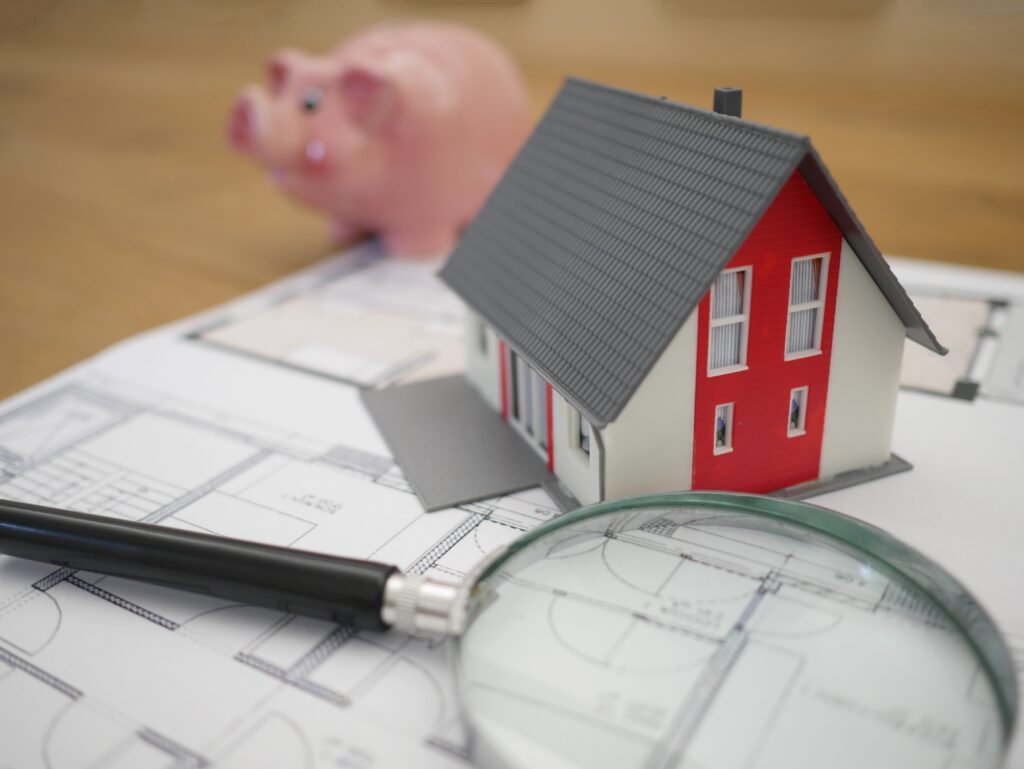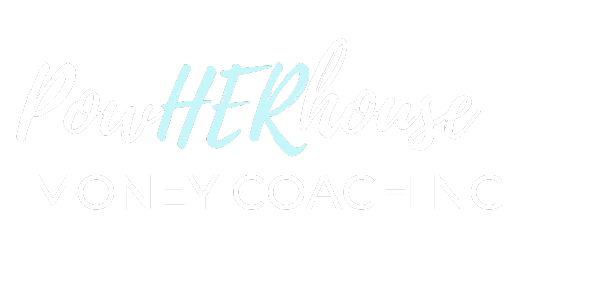Before buying a home, it’s important to consider the long-term costs associated with homeownership, such as mortgage payments, insurance premiums, property taxes, and more. It’s also essential to plan for unexpected home repairs that may arise in the future. To help you prepare financially for this major purchase, here are five key factors you should consider before signing on the dotted line.
1. Down Payment
The down payment is typically the largest single expense associated with purchasing a home. Generally, lenders require that buyers make a down payment of at least 20% of the total purchase price to be able to qualify for a mortgage loan. A higher down payment can make it easier to get approved for a loan and secure better terms, such as lower interest rates and more favorable repayment options. Savings accounts, investments, or other assets can provide funds for your down payment if you don’t have enough cash on hand.
2. Mortgage Rates
The mortgage rate you get on your loan will have a huge impact on how much you’ll pay overall for your new home. When shopping for mortgages, it pays to shop around and compare rates from different lenders before deciding.
Fixed-rate mortgages are popular because they offer protection from rising interest rates. With this type of mortgage, the interest rate will remain constant throughout the life of the loan.
Adjustable-rate mortgages (ARMs) may be better for some buyers because they typically start with lower interest rates than fixed-rate mortgages. However, after an initial period of time, the rate can fluctuate based on market conditions which means your payments could increase significantly over time. ARMs are best suited for those who plan to stay in their home only for a short period of time, or who expect their income to go up in line with market interest rates.
3. Closing Costs
Homebuyers should factor in closing costs when calculating their budget for buying a home. They can range from 2-5% of the total purchase price and vary depending on several factors, including the state where the home is being purchased. Common closing costs include loan origination fees, appraisal fees, title insurance fees, legal and filing fees, taxes, and other miscellaneous fees.
In addition to these traditional closing costs, buyers may need to pay for additional services such as an inspection or survey. Closing costs can also include things like loan-origination fees, title insurance, appraisal fees, and more. These can add up quickly so it’s important to understand exactly what they are and what they cost beforehand.
4. Property Taxes
Property tax rates vary significantly from state to state and even county to county within each state. In some states, local governments are allowed to set their own rates, which can result in vast differences within certain areas. As such, it is important for potential buyers to research and understand the local property tax rate prior to purchasing a home to get an accurate understanding of what they will have to pay each year after closing.
In addition to this annual fee, there are also other one-time charges associated with buying a home that should be considered when calculating total costs of ownership. These include transfer taxes, recording fees, title insurance premiums, and other miscellaneous fees charged by lenders or local governments. All together these can often add up significantly, so it is important for buyers to be aware of all these costs before making the commitment.
5. Maintenance Costs
Owning a home requires ongoing maintenance costs that need to be factored into your budget every month. This includes things like lawn care, snow removal, painting, and other repairs, so it’s important to be aware of what may need to be done right as you move in. Do your research on what your monthly utility payments will be, as these can be dependent on the size of the home you are looking to buy and where you’re moving to!
Buying a home is an exciting milestone to reach in life, but it’s also one that requires careful financial considerations. From understanding your down payment and mortgage options to budgeting for closing costs and insurance premiums, there are many factors you need to consider before taking the plunge into homeownership.
Need help preparing for that big home purchase?
Check out our Home Buying Like a Boss Masterclass to educate yourself on one of the most important investments you’ll ever make. And if you need to increase your financial literacy before buying a home, check out our Money Coaching Online Courses!







